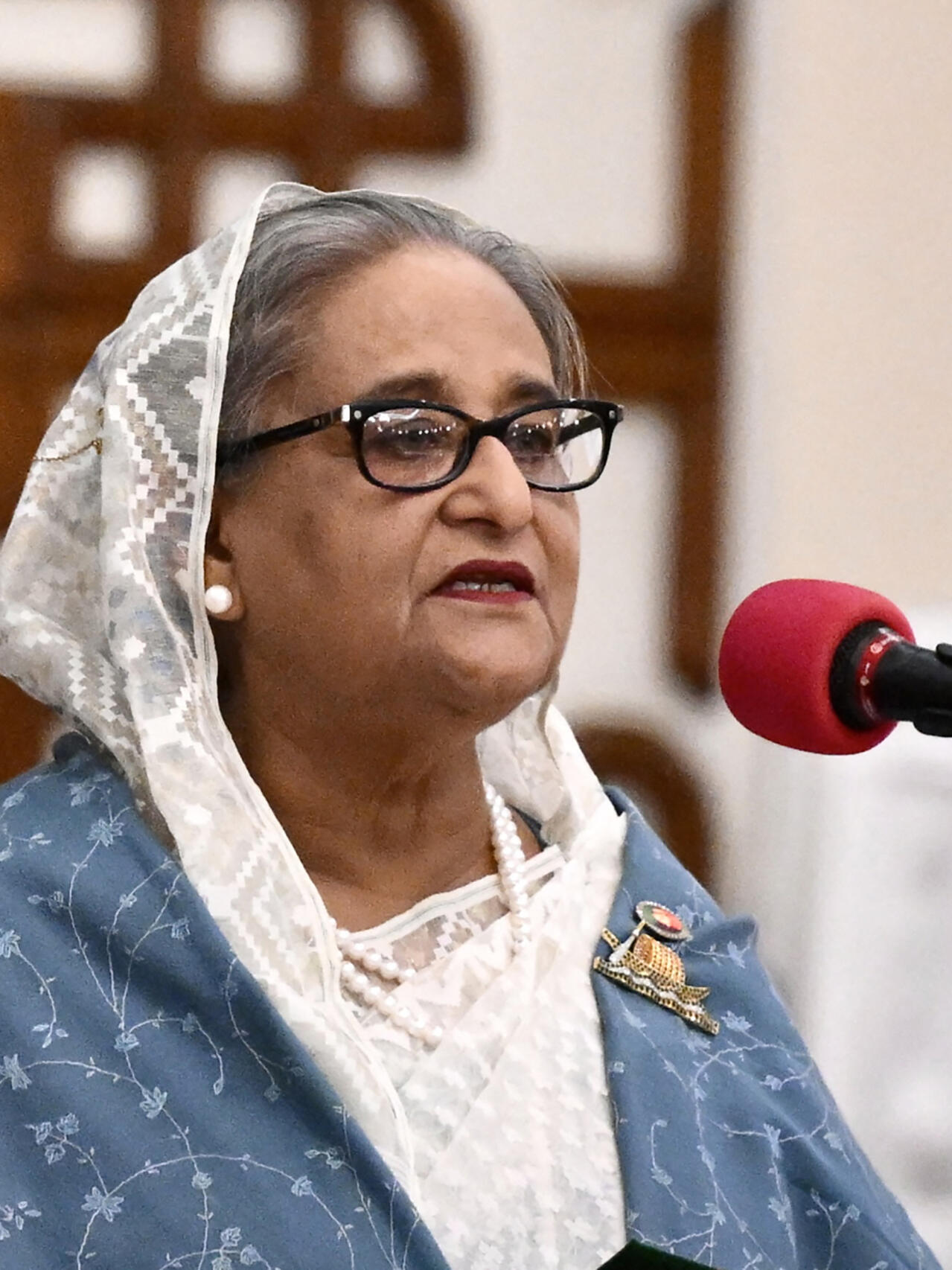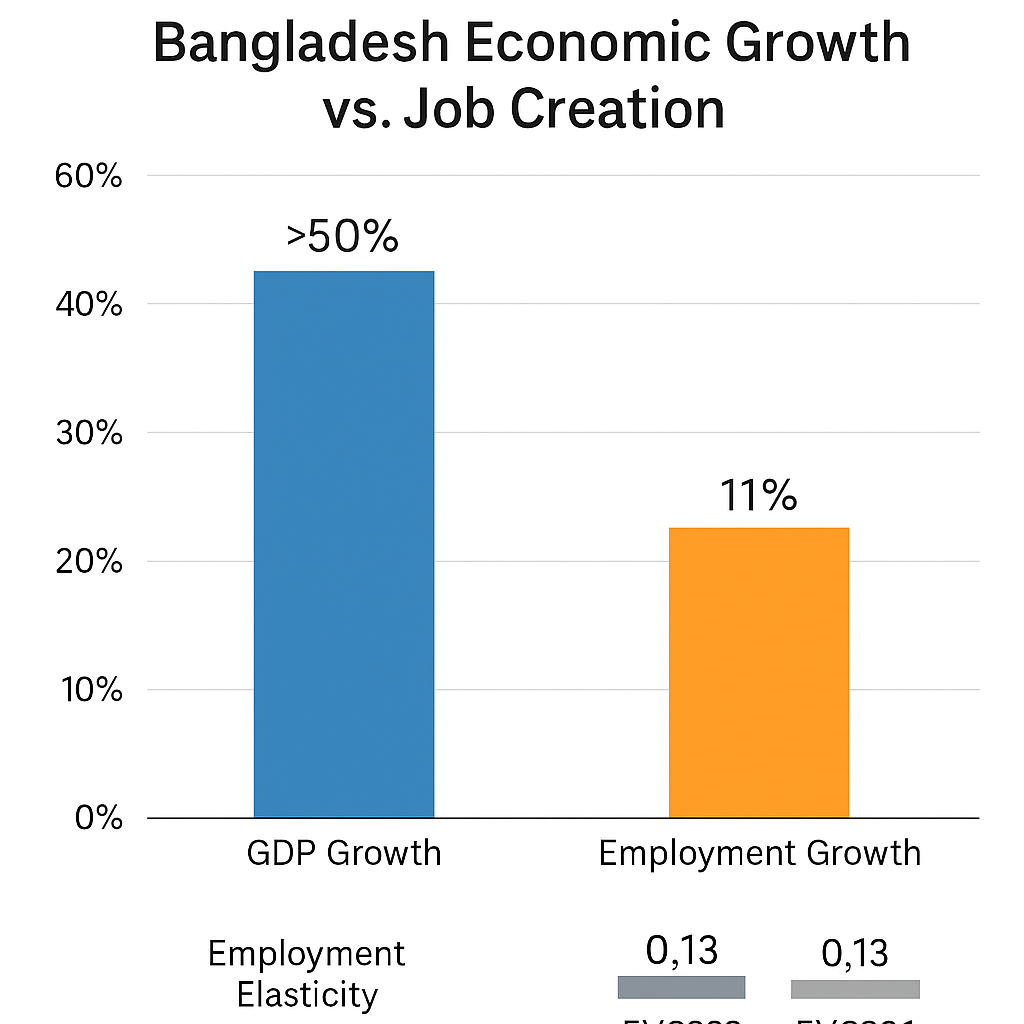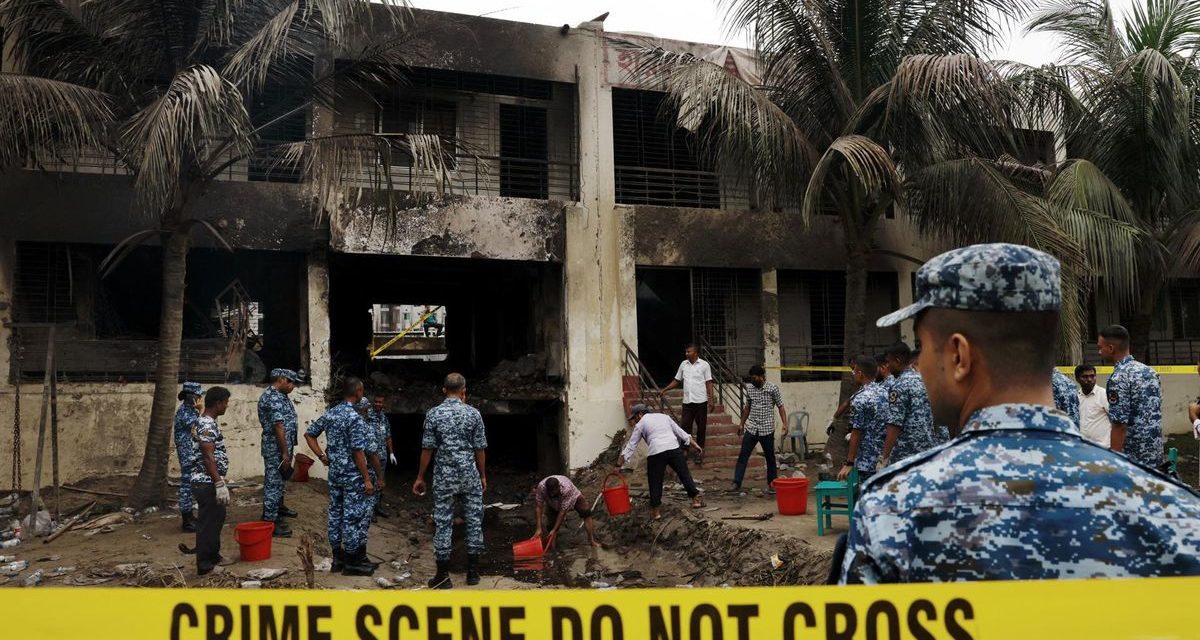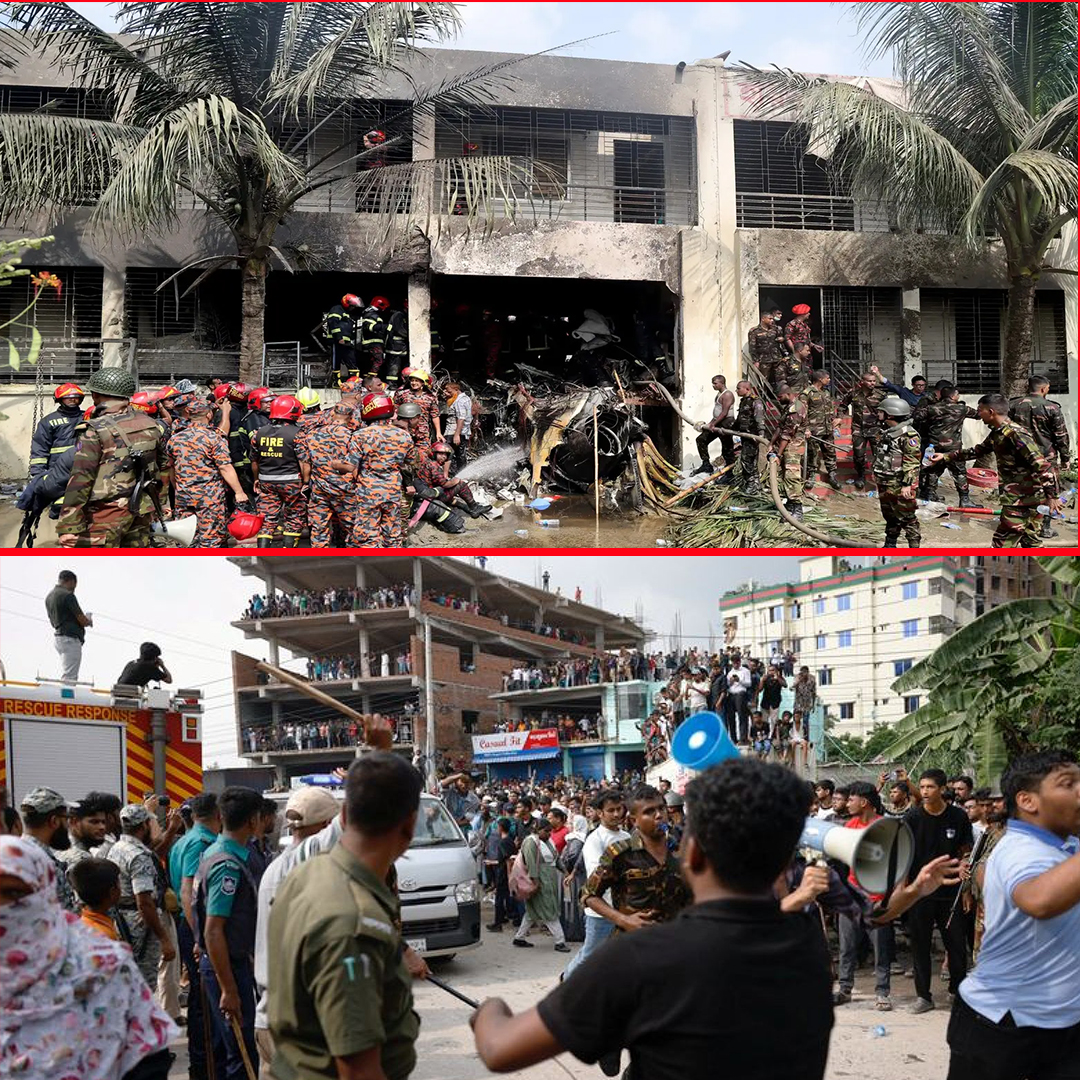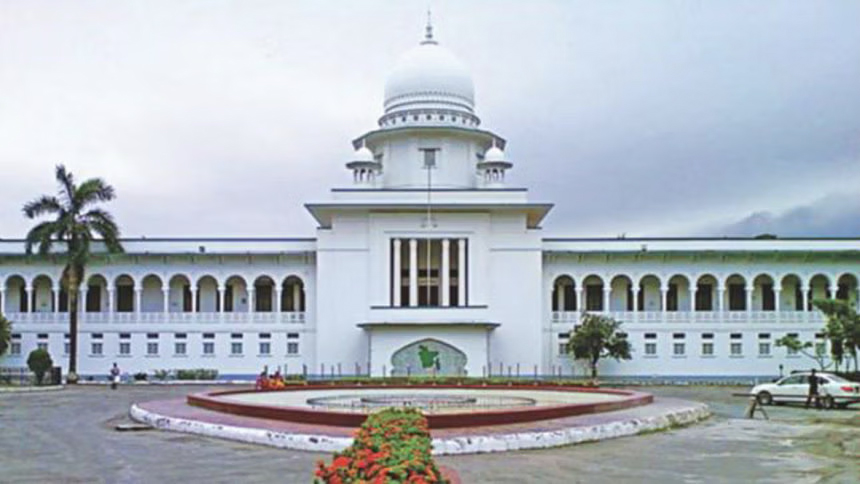
Monsoon-driven dengue outbreak spreads nationwide as health officials warn of potential repeat of 2023’s deadly epidemic.
Bangladesh is witnessing a steady rise in dengue cases as the monsoon season continues, with one more patient reported dead and 383 new hospitalizations recorded in the last 24 hours as of June 29, 2025. According to the Directorate General of Health Services (DGHS), the total number of dengue-related deaths this year has now reached 42, of which 20 occurred outside Dhaka. The number of total hospitalizations since January stands at 9,867, with a striking 7,695 of those reported from districts outside the capital—evidence that dengue is no longer a Dhaka-centric issue, but a nationwide concern. Currently, 835 patients remain admitted in hospitals across the country, while 8,729 have been released after treatment. Health experts and hospital authorities are increasingly concerned as the virus continues to spread rapidly in both urban and rural areas, including divisions such as Chattogram, Barishal, Khulna, Mymensingh, and Rajshahi, where new cases are overwhelming already strained medical infrastructure. The early arrival of monsoon rains, inadequate mosquito control, and stagnant water accumulation in residential and commercial zones are creating perfect breeding grounds for the Aedes mosquito, which transmits the dengue virus. In many affected areas, general hospital wards are being converted into dengue-specific units to manage the patient overflow.
Medical professionals and public health specialists are warning that this year’s dengue trend may mirror or potentially exceed the 2023 outbreak, which was the deadliest in Bangladesh’s history, causing more than 321,000 hospitalizations and 1,705 deaths. Although the current numbers remain below those of two years ago, the upward trajectory is raising serious alarms, particularly because many patients are arriving at hospitals with severe symptoms like hemorrhagic fever or dengue shock syndrome, often due to delays in seeking care. Rural patients are also being referred to city hospitals due to the lack of proper diagnosis and treatment options at upazila-level health complexes. DGHS and the Health Ministry have been issuing advisories, urging the public to take preventive steps such as clearing stagnant water, using mosquito nets and repellents, and wearing protective clothing. Additionally, residents have been asked to cooperate with city corporations in mosquito eradication drives. However, many citizens have expressed frustration over irregular fogging operations, insufficient local government response, and the lack of consistent public health messaging. Meanwhile, healthcare professionals are urging authorities to implement an emergency action plan involving medical supply distribution, public awareness campaigns, and increased testing facilities, especially in high-risk zones where new clusters of cases are emerging.
In response to the worsening situation, hospitals in major cities like Dhaka, Chattogram, and Khulna have started opening 24/7 dengue testing booths to speed up diagnosis and reduce pressure on emergency services. The Health Ministry has also initiated efforts to increase the supply of IV fluids, essential medicines, and testing kits to peripheral health centers. Nonetheless, doctors working in district hospitals report a continued shortage of trained staff and logistics, which could hinder an effective response if the infection rate rises further. The World Health Organization has attributed the expansion of dengue across South Asia, including Bangladesh, to climate change and unplanned urban development, both of which contribute to ideal mosquito breeding conditions even in regions previously considered low-risk. The public, especially families with children and elderly members, is growing increasingly anxious, as recent fatalities include young and otherwise healthy individuals. Experts emphasize that early diagnosis and timely treatment are the keys to preventing severe outcomes. While the number of deaths remains relatively low, the consistent daily rise in cases points toward a critical public health challenge. Without immediate, coordinated national action, Bangladesh risks facing another major dengue crisis, underscoring the need for urgent vector control, strong public communication, and health system readiness
source : thedailystar


